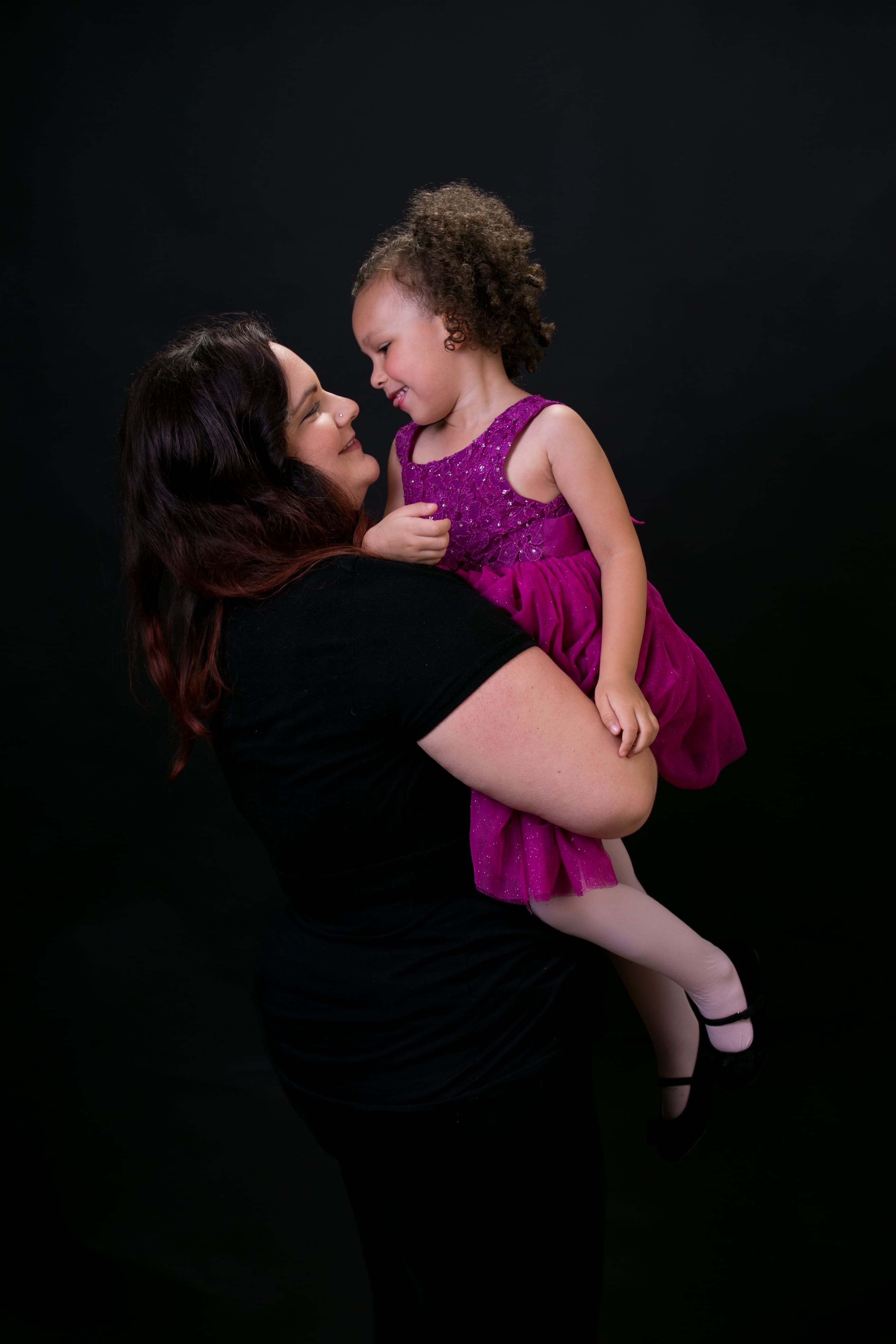January 23, 2017
By Luna Greenstein

How can you show an audience that a mental illness is not someone’s identity? How can you prove that, regardless of race, socioeconomic status, gender or sexual orientation, anyone can be affected by a mental health condition? How can you demonstrate that those affected by mental health conditions are not alone? Former NAMI board member Lynda Cutrell is attempting to accomplish all of these things through her expanding art project: 99 Faces.
99 Faces consists of photographs of individuals who are affected by mental illness. There is no label to identify the subject in the photograph as someone who lives with a mental health condition: “You can’t tell that [they have a mental health condition],” says Cutrell. “You look at these faces, and you can’t help but connect.”
Cutrell got involved with NAMI in 2008 after multiple close family members went through mental health struggles. She became inspired by the people she met who achieved recovery and went on to accomplish amazing things. Believing that more people could reach such a point gave her hope, and she wanted to help them.
Through the 99 Faces project, a viewer can witness the possibility, the potential, and more important, the proof of recovery. “Imagery can convey a message very quickly, more quickly than having to read something,” says Cutrell, whose hope was that the collection of faces would help and inspire people to continue on their own journeys.
Finding subjects of the portraits was not the hardest part of the project. Cutrell received a positive response when she reached out to the NAMI community for people to get involved. After serving on the national board for three years, on the NAMI Massachusetts board for seven years and as president of NAMI Massachusetts for two years, she knew a lot of people who were willing to help. Now that the project has grown, Cutrell has a waiting list of people who want to be included.
 The hardest part of 99 Faces was finding the right location. Cutrell wanted an intimate gallery where people outside the mental health community could also view the photographs. “I wanted to introduce mental health as a science,” Cutrell says. “Interest level is high, and the understanding is low. There isn’t enough correct information out there.” Following that logic, Cutrell decided to showcase the 99 Faces project at the Boston Museum of Science.
The hardest part of 99 Faces was finding the right location. Cutrell wanted an intimate gallery where people outside the mental health community could also view the photographs. “I wanted to introduce mental health as a science,” Cutrell says. “Interest level is high, and the understanding is low. There isn’t enough correct information out there.” Following that logic, Cutrell decided to showcase the 99 Faces project at the Boston Museum of Science.
After a lot of planning, the exhibit is due to open in spring 2017 as a 1,500-square-foot display for four months. If the exhibit is popular, the museum will create a permanent 4,000-square-foot version. The exhibit might also travel to other parts of the country.
Cutrell wants the exhibit to be a means of support for individuals who are on their journeys toward recovery, as well as a place of discovery and understanding for those who are just starting to learn about mental health.
To learn more, visit www.99facesproject.com
Note: This piece is a reprint from the Fall 2016 Advocate.
Submit To The NAMI Blog
We’re always accepting submissions to the NAMI Blog! We feature the latest research, stories of recovery, ways to end stigma and strategies for living well with mental illness. Most importantly: We feature your voices. Check out our Submission Guidelines for more information.
LEARN MORE